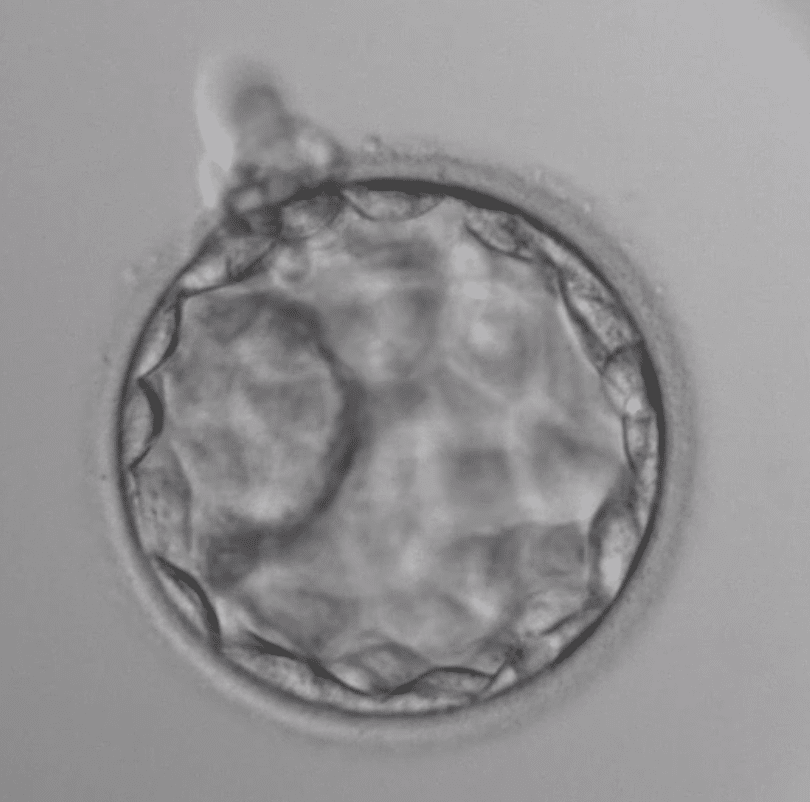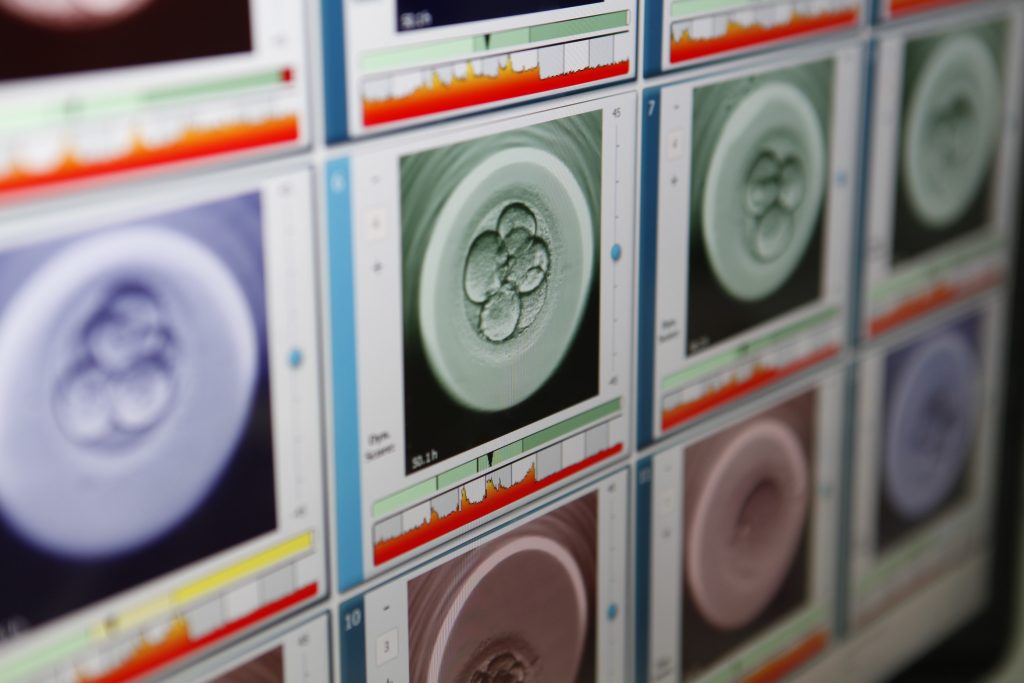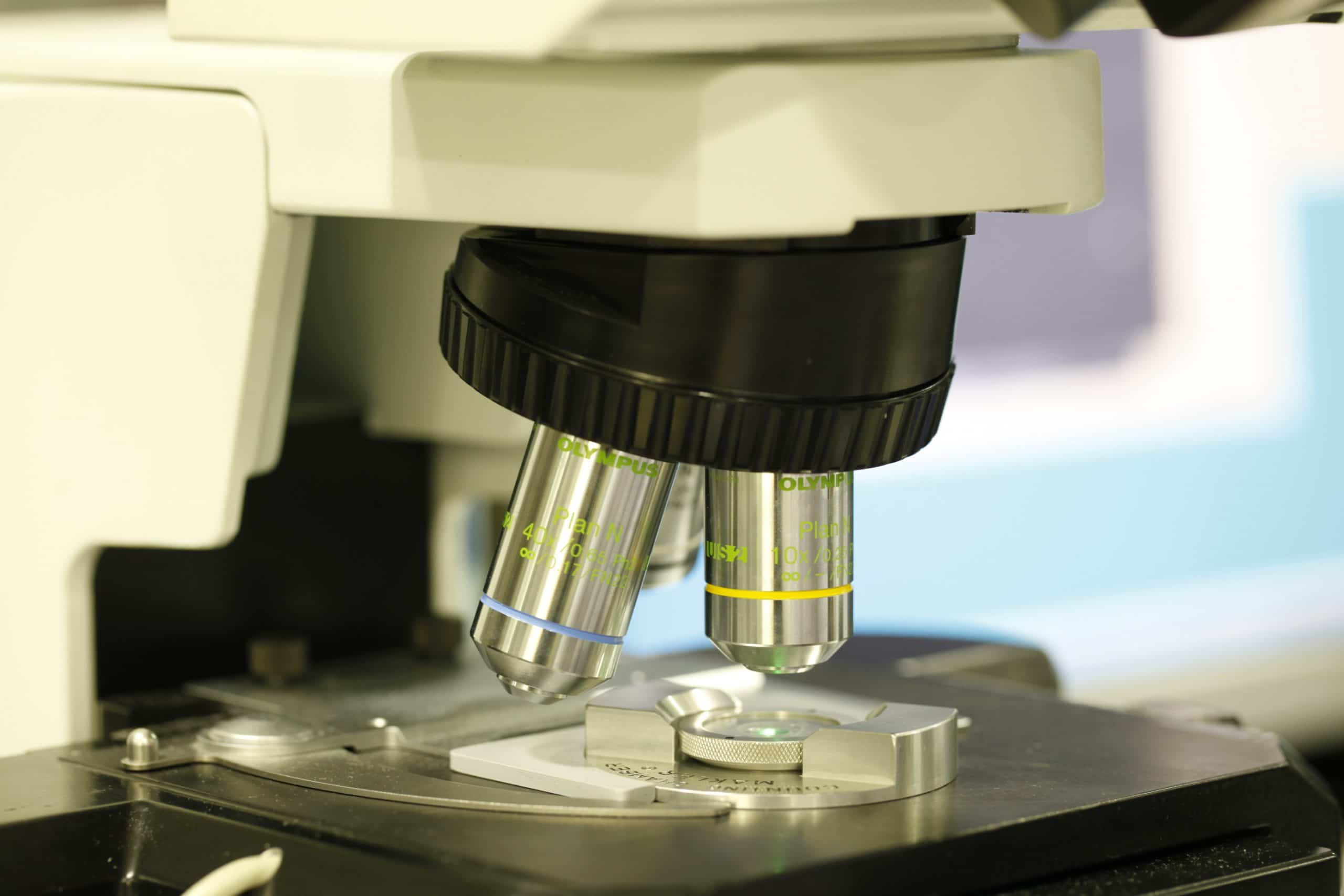Do you know what are currently the main infertility problems and the primary reasons why treatments fail?
In this article, experts from the Dexeus Mujer centre in Barcelona address and answer these issues.
Having children is not always easy, and the fact that many women delay their maternity complicates it even more, since from 35 years the quality of oocytes decreases, and the risks increase.
Currently, in Spain the law allows the donation of gametes and embryos anonymously, which has increased the chances of having children and the demand for treatments. However, despite this and the many advances that assisted reproduction has experienced in recent years, the expected results are not always obtained: sometimes things go well at first and sometimes not, and you have to keep trying or change strategy. The question is: why?
At Dexeus Mujer we have extensive experience in treating elderly women difficult cases too. In fact, 25% of the patients who come to our centre have failed treatments in other centres, and that does not affect our success rate. However, each woman and her circumstances are different and there are many factors that can influence and ultimately determine the success or failure of a treatment.
In this article, Dr Beatriz Álvaro, an expert in assisted reproduction and Gynaecological Endocrinology, considers the main causes of infertility; the reasons which make it difficult to achieve a pregnancy and what options reproductive medicine can offer in each case.
Poor quality or insufficient oocytes production
This is an increasing problem because of advanced maternal age. The quantity and quality of our oocytes decreases progressively from the age of 35, and the chances of achieving a pregnancy as well. In fact, between the ages of 40 and 45 the chances of getting pregnant naturally do not exceed 5%.
How it is detected?
Quality is mainly marked by age. The number of remaining oocytes or the ovarian reserve cannot be calculated exactly, but the markers of ovarian reserve (anti-mullerian hormone and count of antral follicles on ultrasound) can give us an approximate idea.
What solutions are there?
If the problem is quality or the patient gets a poor response to ovarian stimulation treatment, it is likely that it will be necessary to turn to a donor.
Ovulation problems
They can be caused by hormonal imbalances that affect the reproductive system, such as polycystic ovary syndrome, lack of ovulation due to hypothalamic-pituitary axis disorders (which is involved in the functioning of the reproductive system activating the process of maturation of the oocytes), and some diseases of the thyroid gland. Other possible causes are a decrease in ovarian reserve (in medical terms: premature ovarian failure) or an early menopause (when it occurs before the age of 40).
How it is detected?
Through a hormonal study carried out by a specialist.
What solutions are there?
Many endocrine disorders can be controlled with hormonal treatments and do not prevent having children, but in these cases, it is important to make an early diagnosis and not delay motherhood. If the problem affects the ovarian reserve or is due to early menopause, it is advisable to consult an expert in reproductive medicine. In these cases, egg donation could be the most appropriate resource.

Implantation failures
With age, the risk of miscarriage or of having an embryo with chromosomal abnormalities also increases, which can lead to developmental problems and difficulties in embryo implantation, leading to pregnancy loss.
Although sometimes miscarriages also occur in young women. It is necessary to find out if the cause is chromosomal alterations of any member of the couple (or both) or disorders related to the immune system. They can also be caused by unnoticed structural problems of the reproductive system.
What solutions are there?
It depends on the cause of the problem. It is best to perform tests that help determine the cause and make the diagnosis to decide which is the best treatment option in each case. There are different options: embryonic selection of embryos, treatments to correct immune or coagulation problems, surgical hysteroscopy or surgery when abnormalities in the uterine cavity are discovered.
Male factors
In more than 50% of cases, infertility is related to a problem of male origin, since, according to statistics, only 30% are due to a problem exclusively of female origin.
In 30%, the problem is only male and in another 30% it is due to both female and male factors. In the remaining 10%, the cause is unknown. In general, the most frequent causes of male infertility are: poor semen quality, seminal duct obstructions, including agenesis of vas deferens associated with mutations of the CFTR gene (cystic fibrosis) or ejaculatory alterations, hereditary factors (chromosomal alterations or hereditary diseases ), idiopathic primary testicular failures, cryptorchidism, varicocele (varicose veins in the scrotum), hormonal disorders, chronic diseases such as obesity or diabetes, and infectious diseases.
How they are detected?
If you have a partner, it is essential to have a complete review that includes physical examination, blood test and seminogram. The andrologist will indicate if any further tests are necessary. At Dexeus Mujer we have a specific unit for male sexual health to detect these problems.
What solutions are there?
Depending on the cause, the treatment varies: a pharmacological or surgical treatment (TESE, microTESE, vasovasostomy or microsurgical varicocelectomy) can be performed, and genetic advice and specific sperm selection tests, are among other measures.
Structural problems in the reproductive system
The existence of structural and functional problems of the reproductive system, such as fibroids, polyps, uterine malformations, obstruction of the fallopian tubes or diseases such as endometriosis can also cause fertility problems since they can prevent the reproductive process from developing normally and/or hinder the implantation of the embryo.

How it is detected?
These problems can be detected by gynaecological ultrasound and by experts, that is why they are easier to diagnose if regular check-ups or a previous fertility study are made.
What solutions are there?
Often a surgical treatment may be indicated, but each case must be assessed individually, since endometriosis, for example, is not the same nor evolves in the same way in all women.
Infections
Many sexually transmitted diseases (STDs) can compromise fertility. Chlamydia is one of the most common STDs and can cause pelvic inflammatory disease (PID), an infectious condition that causes fever and pain in the area of the pelvis.
How it is detected?
Most often it is detected with a sample of cervical neck cells.
What solutions are there?
Most can be treated with antibiotics, but it is important that they heal well to prevent recurrence or the development of other problems.
Chronic diseases and some treatments
Although they are less frequent, it is important to keep in mind that some chronic diseases such as diabetes, hypothyroidism, obesity, depression and some medical treatments, such as chemotherapy applied to treat cancer, can also lead to fertility problems.
What solutions are there?
In general, and if they are under medical control, it is not impossible to achieve a pregnancy. But sometimes, as in the case of cancer, it is recommended to perform an oocytes preservation before starting chemotherapy treatment, to prevent it from causing sterility.
In these cases, and in our centre, it is offered free of charge.




